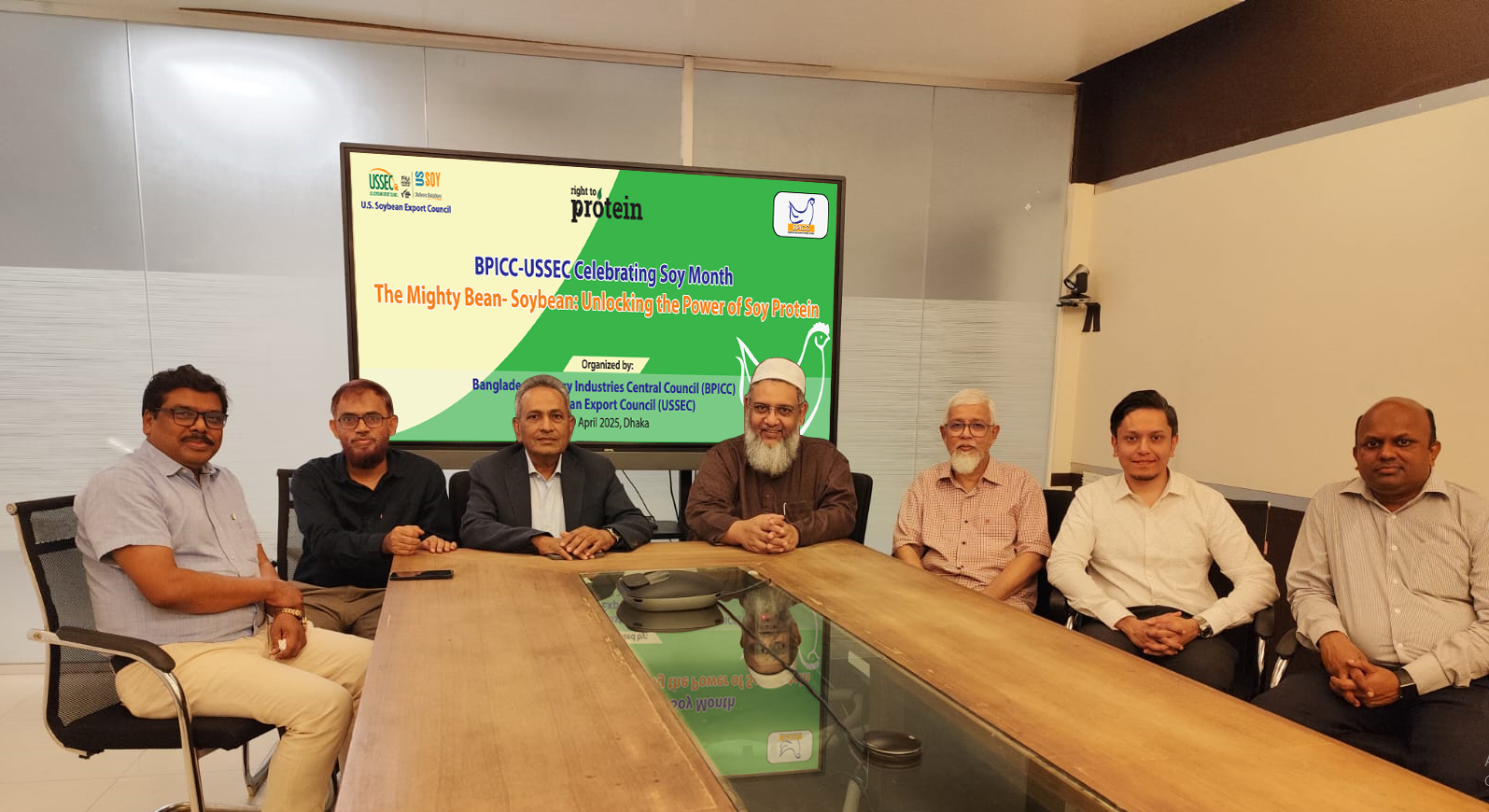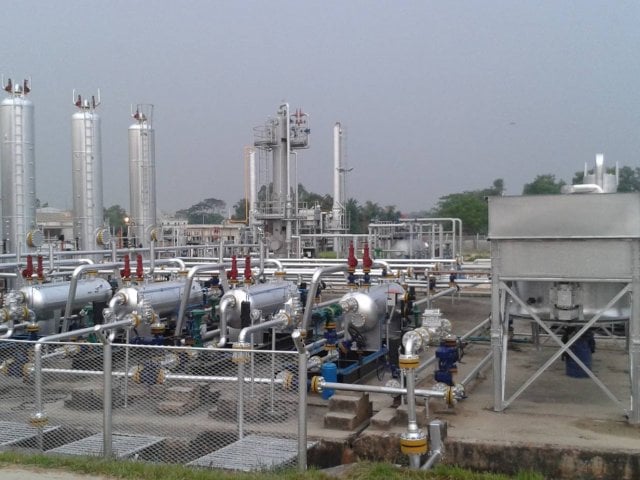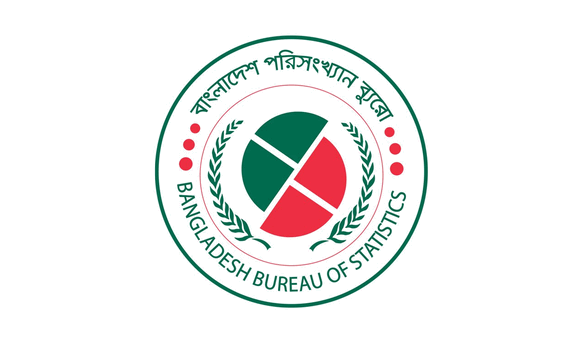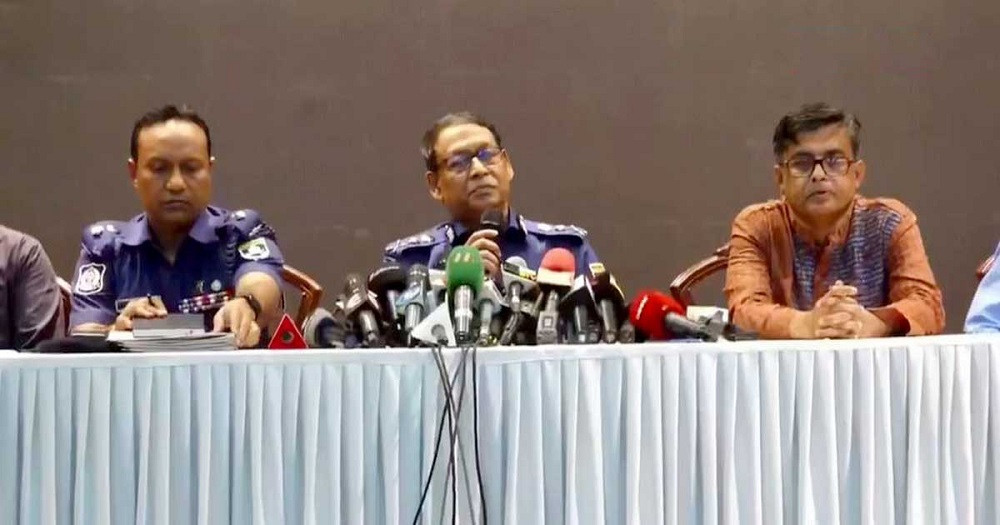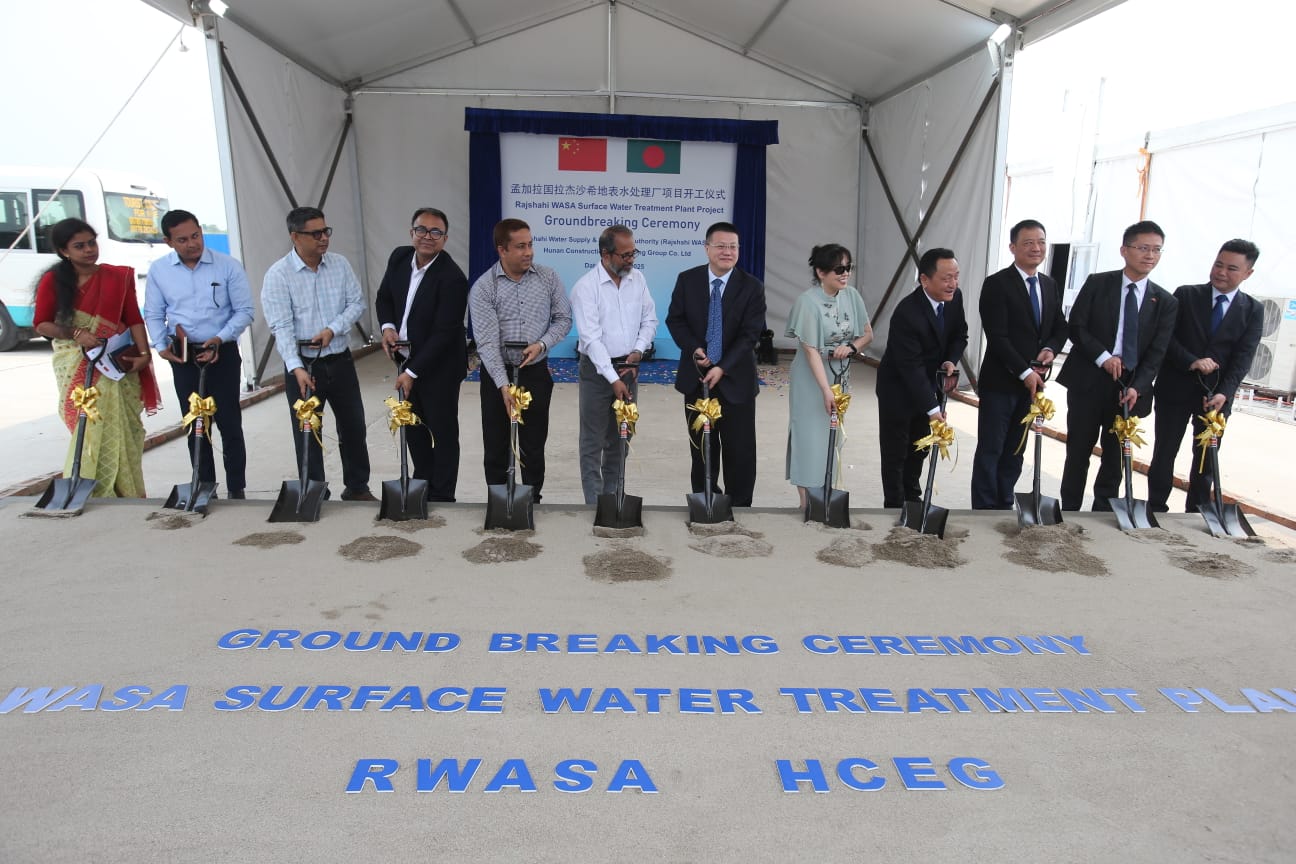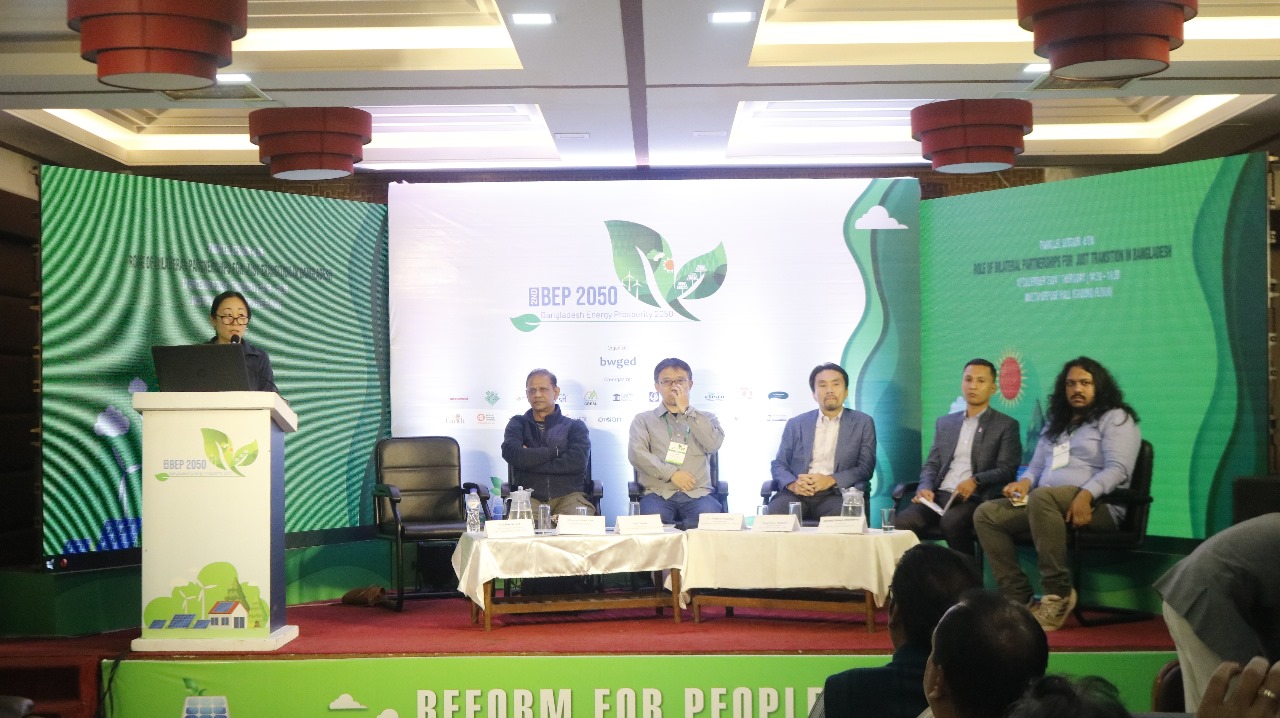
The Integrated Power Master Plan (IEPMP) of Bangladesh has come under criticism for being economically unviable, misaligned with global climate commitments, and harmful to the country’s Net Zero targets. The plan, supported by Japan’s Institute of Energy Economics (IEEJ) and the Japan International Cooperation Agency (JICA), is being questioned for its financial sustainability and its impact on Bangladesh’s foreign exchange reserves.
Yuki Tanabe, Program Director at Japan Center for Sustainable Environment and Society (JACSES), said the plan is mainly designed to benefit Japanese companies. “It is a way for Japan to sell its surplus LNG to Asian countries, including Bangladesh,” he said at the session on Role of Bilateral Partnerships for Just Transition in Bangladesh, on the second day of the Bangladesh Energy Prosperity (BEP) 2050 conference.
He also criticised the plan for being too costly. The IEPMP proposes using ammonia and hydrogen co-firing for power generation, which Tanabe argues is four times more expensive than renewable energy. “This plan is not suitable for a developing country like Bangladesh,” he added. He called for a revision of the plan and urged Japan to invest more in renewable energy to help Bangladesh transition to a greener future.
Ichiguchi Tomohide, Chief Representative of JICA in Bangladesh, agreed that the IEPMP needs to be revised. He stated, “The power master plan should be updated as economic conditions change. JICA will continue to support Bangladesh’s renewable energy goals.”
The session on Role of Bilateral Partnerships for Just Transition in Bangladesh also highlighted the key role of Chinese and Nepalese investments in renewable energy and energy transition in Bangladesh as the most important strategic bilateral partners.
The session was chaired by Bareesh Hasan Chowdhury, the Coordinator of Friends of the Earth Asia Pacific and Makiko Arima who is a Japan Finance Campaigner from Oil Change International (OCI) moderated the session.
Research presentations in the sessions finds that fossil fuel-based power generation in Bangladesh is unsustainable and unacceptable considering value chain, policy chain and emission chain. It finds Bangladesh’s power sector’s performance is extremely poor and economically nonviable while renewable energy is being generated 97.8% successfully and the cheapest option.
On other thematic areas of land constraints for renewable energy, bilateral and multilateral cooperation for energy transition, speakers highlight the role of Japan and G7 countries in progressing energy transition in Bangladesh, the potential of South-Asian Energy Cooperation and the historical responsibility and way forward of ADB and AIIB.
Another session on fair and sustainable financing, emphasized accountability, compliance and safeguarding mechanisms should be enhanced in the financial sector. Additionally, Bangladesh’s taxonomy must be revised and aligned with global standards, while banks should ensure the publication of financial policies, project documents, and ESG reports.
The Bangladesh Energy Prosperity 2050 conference is uniting over 300 national and international representatives, including policymakers, energy experts, development partners, private sector investors and financiers, civil society organisations and youth for an impactful three-day event. Building on the success of its first 2023 edition, this year’s conference features 23 co-organizers dedicated to advancing the shift towards renewable energy, powering prosperity through a collaborative approach to sustainable development. The conference will end with a declaration pledge to the Governments, national and international stakeholders.



